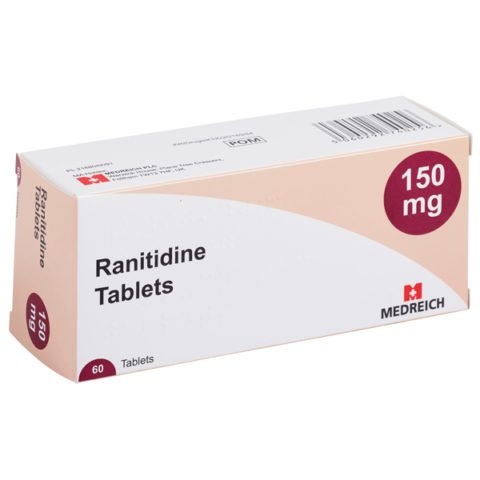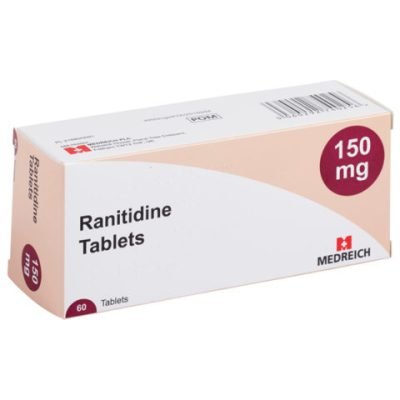Ranitidine Tablets
$30.00 Original price was: $30.00.$25.00Current price is: $25.00.
Ranitidine Tablets
Ranitidine is a medication commonly used to reduce the production of stomach acid. Here’s a breakdown of its description, uses, side effects, and precautions:
Ranitidine Tablets
Ranitidine is a medication commonly used to reduce the production of stomach acid. Here’s a breakdown of its description, uses, side effects, and precautions:
Description:
- Chemical Composition: Ranitidine is a histamine-2 blocker (H2 blocker), which works by blocking histamine receptors in the stomach, thus reducing the production of stomach acid.
- Forms: Ranitidine is available in oral tablet form, as well as in other forms like oral solution and injectable solution.
- Dosage: The typical dosage varies depending on the condition being treated and individual factors such as age and weight.
Uses:
- Gastric Ulcers: Ranitidine is commonly prescribed to treat and prevent gastric ulcers (ulcers in the stomach).
- Duodenal Ulcers: It’s also used to treat and prevent duodenal ulcers (ulcers in the upper part of the small intestine).
- Gastroesophageal Reflux Disease (GERD): Ranitidine helps relieve symptoms of GERD, such as heartburn and acid regurgitation.
- Zollinger-Ellison Syndrome: This rare condition causes the stomach to produce excess acid. Ranitidine may be used to manage symptoms in patients with Zollinger-Ellison syndrome.
- Erosive Esophagitis: It’s used to heal and prevent the recurrence of erosive esophagitis, a condition characterized by inflammation and damage to the lining of the esophagus due to stomach acid reflux.
Side Effects:
- Headache: Some people may experience headaches while taking ranitidine.
- Dizziness: Dizziness can occur as a side effect, especially when standing up quickly.
- Nausea or Vomiting: Some individuals may experience nausea or vomiting.
- Diarrhea or Constipation: Ranitidine can occasionally cause changes in bowel habits.
- Fatigue: Feelings of tiredness or fatigue may occur.
- Rash: Skin rash or itching may develop in some people.
- Changes in Liver Function: Rarely, ranitidine may cause changes in liver function tests.
Precautions:
- Allergies: If you have a known allergy to ranitidine or similar medications, inform your healthcare provider.
- Pregnancy and Breastfeeding: Ranitidine is generally considered safe to use during pregnancy and breastfeeding, but it’s always best to consult with your doctor before using any medication during these times.
- Kidney Problems: Individuals with kidney problems may require dosage adjustments or closer monitoring while taking ranitidine.
- Liver Problems: If you have liver disease or a history of liver problems, your doctor may need to monitor your liver function more closely.
- Drug Interactions: Ranitidine can interact with other medications, so it’s important to inform your doctor about all the medications you’re taking, including over-the-counter drugs and supplements.
- Long-Term Use: Long-term use of ranitidine may increase the risk of certain side effects, so it’s essential to use it as directed by your healthcare provider.
- Discontinuation: If you need to stop taking ranitidine, it’s important to do so under the guidance of your doctor, as abrupt discontinuation can sometimes lead to rebound symptoms.
Always take ranitidine as prescribed by your doctor and follow their instructions carefully. If you experience any concerning side effects or have any questions about its use, don’t hesitate to consult your healthcare provider.
| Amount | 100 pills, 200 pills, 30 pills, 60 pills |
|---|
Reviews
There are no reviews yet.
Related products
Hallucinogens
Pills
Pills
Pills
Hallucinogens
Pills
Pills














Be the first to review “Ranitidine Tablets”